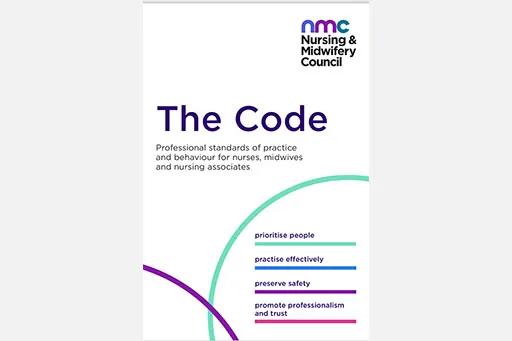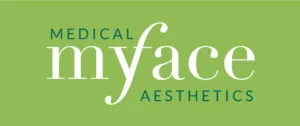Face to face consultations are mandatory

In the United Kingdom, the administration of botulinum toxin—commonly known as Botox—is subject to stringent regulations to ensure patient safety and uphold professional standards.
These regulations encompass prescribing practices, mandatory face-to-face consultations, and age restrictions.
Prescribing Practices and Face-to-Face Consultations
The General Medical Council (GMC) and Nursing Midwifery Council (NMC) mandates that medical professionals conduct an in-person examination of patients before prescribing injectable cosmetic medicines like Botox. This means that remote prescribing—via telephone, video link, or online platforms—is strictly prohibited for patients who have not been physically examined. The GMC /NMC emphasises that the responsibility for discussing the procedure and obtaining informed consent lies solely with the prescribing practitioner performing or supervising the intervention; this duty must not be delegated.
Similarly, the Joint Council for Cosmetic Practitioners (JCCP) and the Cosmetic Practice Standards Authority (CPSA) have issued guidance reinforcing the necessity of face-to-face consultations prior to prescribing Botox or dermal fillers. They explicitly state that remote prescribing for cosmetic treatments is not permitted, underscoring the importance of direct patient assessment to maintain safety and ethical standards.
Age Restrictions
As of 1 October 2021, the Botulinum Toxin and Cosmetic Fillers (Children) Act 2021 makes it a criminal offense in England to administer Botox or cosmetic fillers by injection for aesthetic purposes to individuals under 18 years of age. This prohibition applies even with parental consent. The legislation also criminalises making arrangements or booking appointments for such treatments for minors. Exceptions are made only when the procedure is approved by a doctor for medical—not cosmetic—reasons.
Enforcement and Compliance
Non-compliance with these regulations can lead to serious legal consequences, including unlimited fines and professional disciplinary actions. The enforcement of these laws is carried out by the police and local Trading Standards authorities. Practitioners are advised to implement robust age verification processes, maintain comprehensive records, and ensure all staff are adequately trained to adhere to these legal requirements.
Conclusion
The UK’s prescribing laws for Botox are designed to prioritise YOUR safety and ensure ethical medical practices. Mandatory face-to-face consultations and strict age restrictions are in place to protect individuals from potential health risks associated with cosmetic procedures. Both practitioners and patients must be fully informed of these regulations to promote safe and responsible aesthetic practices.
If this is not being adhered to during your consultation that practitioner is breaking the law. Please look after yourselves, these rules are to protect YOU X
